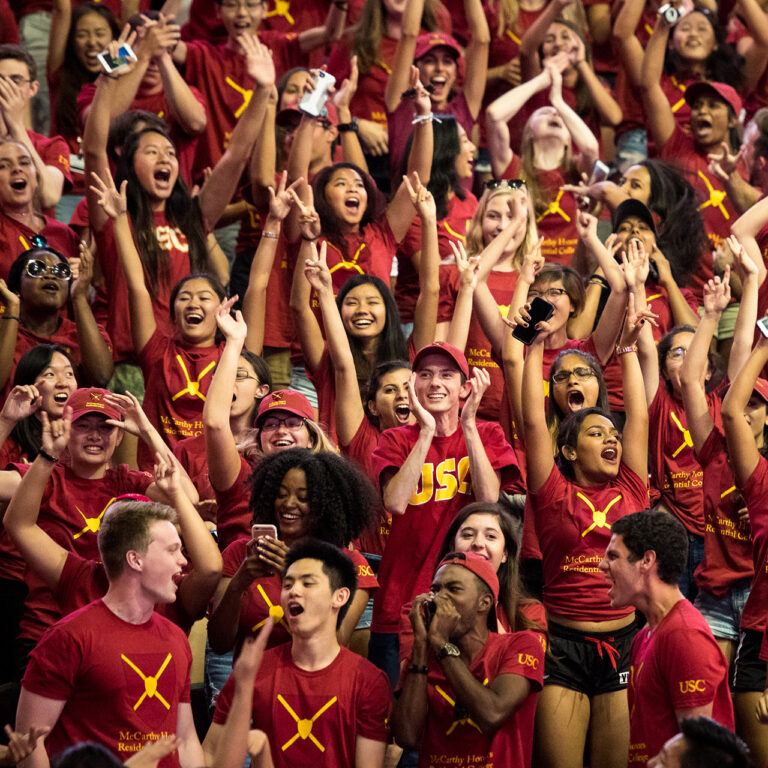Joseph P. Widney
The man who accepted the task of coping with the financial difficulties of the early 1890s was Joseph Pomeroy Widney (1841-1938), brother of Robert Maclay Widney.
A native of Ohio, Widney had attended Miami University in Oxford, Ohio, before enlisting with the Ohio Volunteers to serve in the Civil War. After ill health forced him to leave the service, he traveled to California, where he later earned an M.A. at the University of the Pacific in Santa Clara, and an M.D., with honors, from Toland Medical College in San Francisco in 1866. He then served as an army surgeon in the campaigns against the Apaches in Arizona for two years before establishing a medical practice in Los Angeles in 1868. Three years later, in 1871, he and a colleague founded the first Los Angeles County Medical Association. Around this same time, Widney also began speculating in real estate, which made him independently wealthy.
Widney joined USC’s board in 1880 and also served on the first faculty — without compensation — as chair of English literature, physiology and hygiene. He later founded the university’s medical school, serving as its first dean (1885-1896). In October 1891, Widney was named chairman of the board and, after Marion M. Bovard’s death in December, was elected USC’s second president on January 11, 1892.
As president, Widney — who accepted no salary and paid his own traveling expenses as well as the postage connected with his office — took immediate steps to bring the university out of debt. He also focused on improving day-to-day operations by tightening entrance requirements, elevating academic standards and placing a new emphasis on the sciences. As a result of these efforts, enrollment increased, and the university was infused with a heightened spirit of hope and possibility.
With the turnaround in the university’s fortunes, Widney left the presidency in 1895 to resume his medical practice. He retained his position as medical dean until 1896.
1892: Joseph P. Widney (brother of Robert Maclay Widney, and first dean of the USC College of Medicine) accepts the task of coping with the financial difficulties of the period and becomes USC’s second president. Widney is to serve the university for three years, asking little compensation, before leaving the presidency to resume his medical practice. USC’s first student newspaper, a four-page weekly called the Rostrum, appears.
1893: A separate College of Music is established, replacing the Department of Music within the College of Liberal Arts.
1894: The natural sciences, in addition to the classics, become a major emphasis of instruction at USC.
